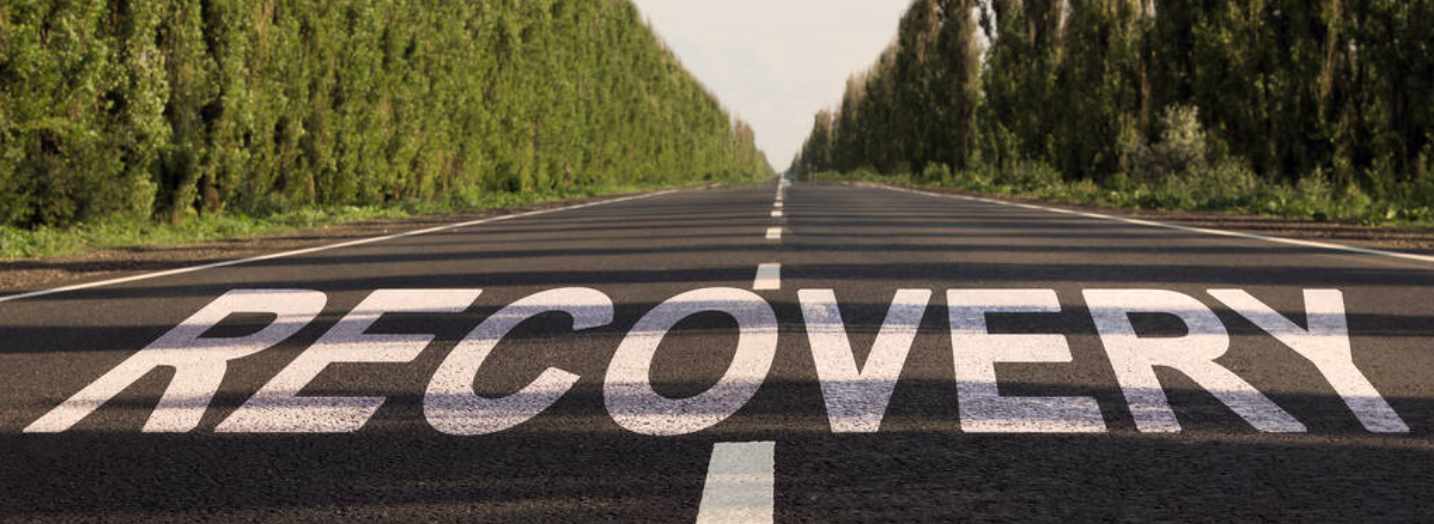Confronting addiction is battling a formidable foe that can strip away physical vitality, emotional stability, and vital connections. Yet, triumph over addiction is not just a possibility—it’s an attainable goal with the right blend of resolve, support, and resources. This narrative underscores the trajectory towards recovery, spotlighting both the hurdles and steps toward a rejuvenated, fulfilling existence.
Acknowledgment: The Critical First Step
Embarking on recovery necessitates first acknowledging the issue, a hurdle often complicated by denial and societal stigma. Accepting the adverse effects of addiction on oneself and loved ones is pivotal.
The Importance of Professional Intervention
Embarking on recovery solo is an immense challenge. Engaging with professionals for therapy or counseling is vital, offering tailored guidance, support, and treatment options based on individual needs.
Cultivating a Pillar of Support
A robust support network is crucial. Whether it’s through family, friends, support groups, or sponsors, these support systems offer encouragement, accountability, and a platform for open dialogue. Feeling supported is a significant empowerment source.
Detoxification and Structured Recovery Programs
For some addictions, detoxification is necessary to alleviate withdrawal symptoms, often succeeded by rehabilitation, which may be conducted in various settings. Rehabilitation provides a structured framework for mastering relapse prevention and coping strategies.
Revitalizing Physical Well-being
Recovery includes a pledge to rejuvenate physical health, possibly through lifestyle adjustments like exercise, balanced nutrition, and sufficient rest. Physical well-being significantly impacts overall resilience.
Confronting Mental Health Challenges
Addressing concurrent mental health conditions is a cornerstone of recovery, involving therapy and possibly medication. Addressing these issues is crucial for a holistic recovery.
Mastering Coping Mechanisms
Facing stress, triggers, and cravings head-on requires effective coping mechanisms. Practices such as mindfulness, meditation, and stress management exercises are invaluable tools in the recovery arsenal.
Replacing Negative Behaviors with Positive Alternatives
Overcoming addiction involves substituting harmful habits with constructive ones, engaging in hobbies, and setting new goals can replace the void left by addiction with purpose and joy.
Upholding Accountability and Continuous Self-Reflection
Recovery demands ongoing diligence. Regular self-assessment and accountability are essential to remain aligned with recovery goals, including recognizing relapse signs and preemptively addressing them.
The Healing Process of Making Amends
Part of recovery for many involves making amends to those hurt during the period of addiction, which means owning up to past actions and seeking forgiveness where possible.
Commitment to a Sober Lifestyle
A cornerstone of recovery is fully embracing sobriety, making life choices that bolster this commitment, and steering clear of relapse triggers.
Honoring Each Victory
The journey of recovery is punctuated with milestones that deserve recognition. Celebrating these victories, regardless of their size, bolsters a sense of achievement and motivates continued progress on this path.
Epilogue
The journey out of addiction is arduous but profoundly transformative, showcasing the resilience and strength of the human spirit, supported by the pillars of professional care, self-determination, and community support. By acknowledging the challenge, engaging in targeted recovery strategies, and committing to a comprehensive plan of action, individuals can navigate their way out of the shadows of addiction towards a brighter, healthier future.




